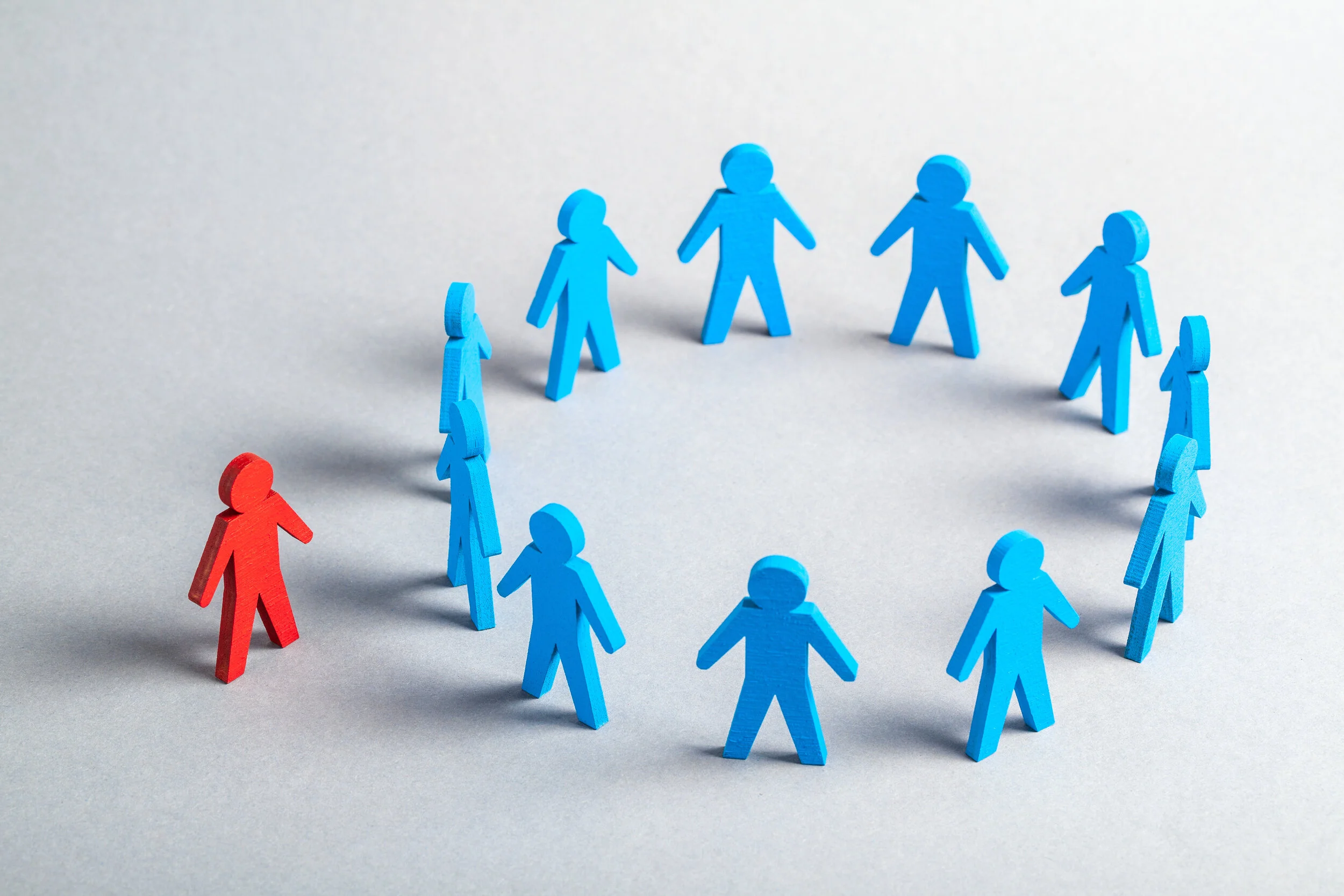Unconscious biases are inner predispositions that color our interaction with individuals of different races, genders, or demographic factors than us. While we all know the multiple benefits of diversity, our unconscious biases may be inhibiting us from harnessing the full advantages of an inclusive workplace. Our patterns of networking, brainstorming, and even hiring may fall victim to hidden prejudices. In the workplace, unconscious biases harm multiple operations, but their main effects can be seen in an unequal distribution of opportunities and discrimination.
Due to prevalent unconscious biases, minority individuals may not receive the same opportunities as their counterparts. For example, some managers unknowingly choose individuals similar to themselves for mentorship, promotions, performance evaluations, and stretch assignments. This practice results in a homogenous group of supervisors with little diversity.
Most astonishingly, factors like race and gender may play a large role in our hiring practices. During my time at IBM, all resumes were presented without demographic markers or even names! This practice is based on recent research that showed employers identical resumes labeled with either white-sounding or black-sounding names. Scientists found that, on average, white-sounding names received nearly twice as many callbacks as black counterparts. This research revealed the reality of discrimination in the workplace. Unconscious biases continue to feed into unjust practices that hinder minority individuals in their professional careers.
In addition to unequal opportunities, many minorities experience discrimination and harassment in the workplace. Team members may make seemingly harmless comments based on racial or gender stereotypes. Phrases like, “You throw like a girl!” or “You’re Asian. You must be great at math,” or “He is not good with computers, he is a Baby Boomer,” often do more damage than we realized. Words have power, and we must be conscious of the atmosphere we create with our language. These microaggressions may instigate discomfort and tension, leading to a hostile work environment.
Furthermore, our unconscious biases play a substantial role in team meetings. We tend to listen and appreciate feedback from individuals who are similar to us, resulting in a lack of diversity of thought and ideas. Our unconscious biases can prompt us to dismiss unique individuals. These actions leave our minority team members feeling isolated and decrease the innovation and potential of the workplace.
We all have unconscious biases. Merely having these predispositions does not mean we are bad people, but we must work our hardest to become aware of our biases to create a better environment at work and in our community. Managing unconscious biases is a challenging and life-long task. With curiosity, courage, and commitment, we can begin a positive journey towards acceptance and understanding.
LEARN MORE
Dima Ghawi is the founder of a global talent development company with a primary mission for advancing individuals in leadership. Through keynote speeches, training programs and executive coaching, Dima has empowered thousands of professionals across the globe to expand their leadership potential. In addition, she provides guidance to business executives to develop diversity, equity, and inclusion strategies and to implement a multi-year plan for advancing quality leaders from within the organization.
Reach her at DimaGhawi.com and BreakingVases.com.

